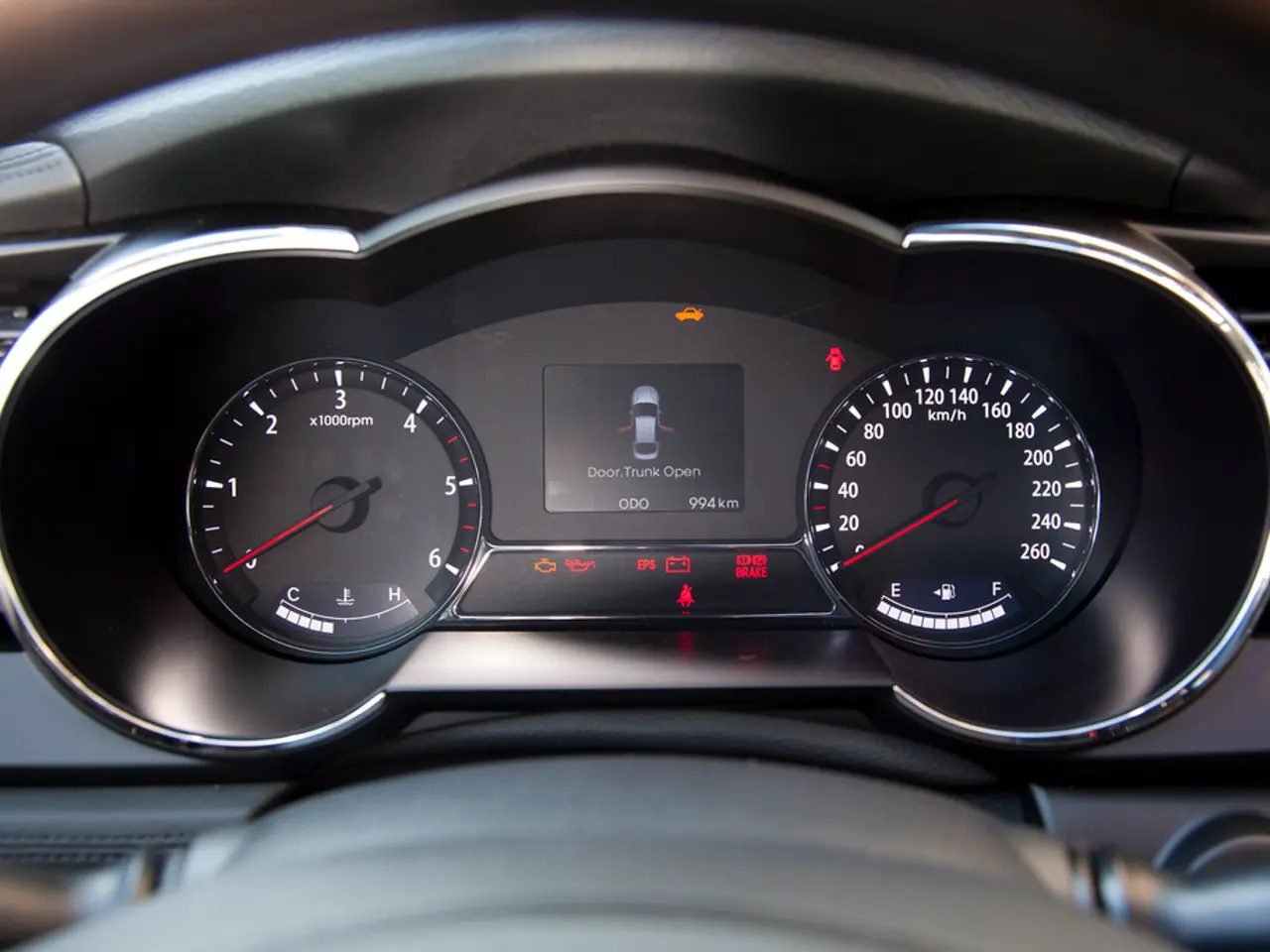Volkswagen's ID3 battery demonstrates impressive durability in ADAC's extensive 160,000-kilometer endurance test, with the vehicle reaching over 90% capacity.
Volkswagen ID.3 Battery Performance Exceeds Expectations After 160,000 km
The Volkswagen ID.3 has shown impressive battery performance after four years of rigorous endurance testing by the ADAC, Germany's leading automobile association. Covering more than 160,000 kilometres, the ID.3's battery has retained approximately 91% of its original capacity, surpassing Volkswagen's warranty guarantee of 70% capacity retention over that distance or 8 years.
The ID.3's battery, with a net energy content of 77 kWh, has demonstrated a low degradation rate, losing just about 8 miles (13 km) of its original 272-mile (438 km) WLTP range after over 160,000 km of mixed driving. This durable performance was achieved despite challenging conditions, including frequent DC fast charging (over 40% of the time) and sometimes leaving the battery at full charge for extended periods, which typically accelerates degradation.
Efficiency improvements were also observed, primarily due to software updates. These updates increased miles per kWh and boosted charging speeds from 125 kW to 160-170 kW without any hardware changes. The battery capacity slowly decreased from near 96% at 59,000 km to 91% at 145,000-170,000 km, showing a gradual, fairly linear decline consistent with advances in battery technology and management software.
This gradual degradation rate (~1% capacity loss per year or less) aligns with or outperforms many modern EVs, which often show similar or slightly higher rates of battery capacity loss after similar mileage.
Martin Sander, a member of the Volkswagen Board of Management, stated that the result shows the impressive quality of their ID. models even after covering many kilometres. The ID.3's axles, suspension, and steering coped well with the vehicle weight and did not show any significant issues or problems.
The ID.3's battery was repeatedly checked by the engineers at the Bavarian Test and Technology Centre, particularly with regard to its battery condition, between the test drives. The software updates, including the Electric Vehicle Route Planner, were also implemented during the endurance test. These updates increased the charging capacity to up to 170 kW.
Despite the high mileage, the body and chassis of the ID.3 were in good condition. The ID.3's high-voltage battery still has a net capacity of 91%, a testament to its durability and long-term performance. This endurance test was the first of its kind for an ID. family vehicle.
All further information and test data can be found in German. The ID.3 Pro S tested had a net battery energy content of 77 kWh. Volkswagen guarantees that the battery of the ID.3 will have at least 70% of its original net capacity after eight years of operation or 160,000 kilometres of driving.
- The impressive battery performance exhibited by the Volkswagen ID.3 in the endurance test, which exceeded 160,000 km, may attract attention from various industries, including finance and technology, given the potential for profitable investments in electric vehicle (EV) battery durability and efficiency.
- As the ID.3's battery demonstrates low degradation rates, comparable to or surpassing many modern EVs, it could potentially set new standards in the automotive industry, particularly for transportation companies aiming to optimize their electric vehicle fleet's efficiency and lifespan.




